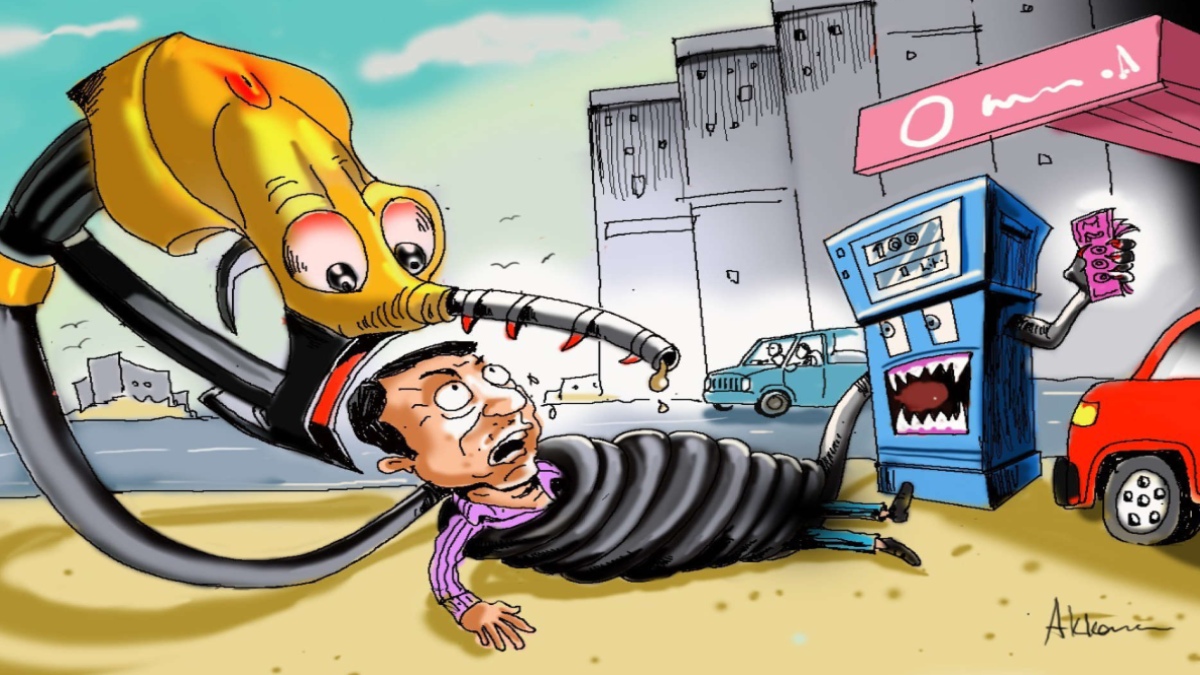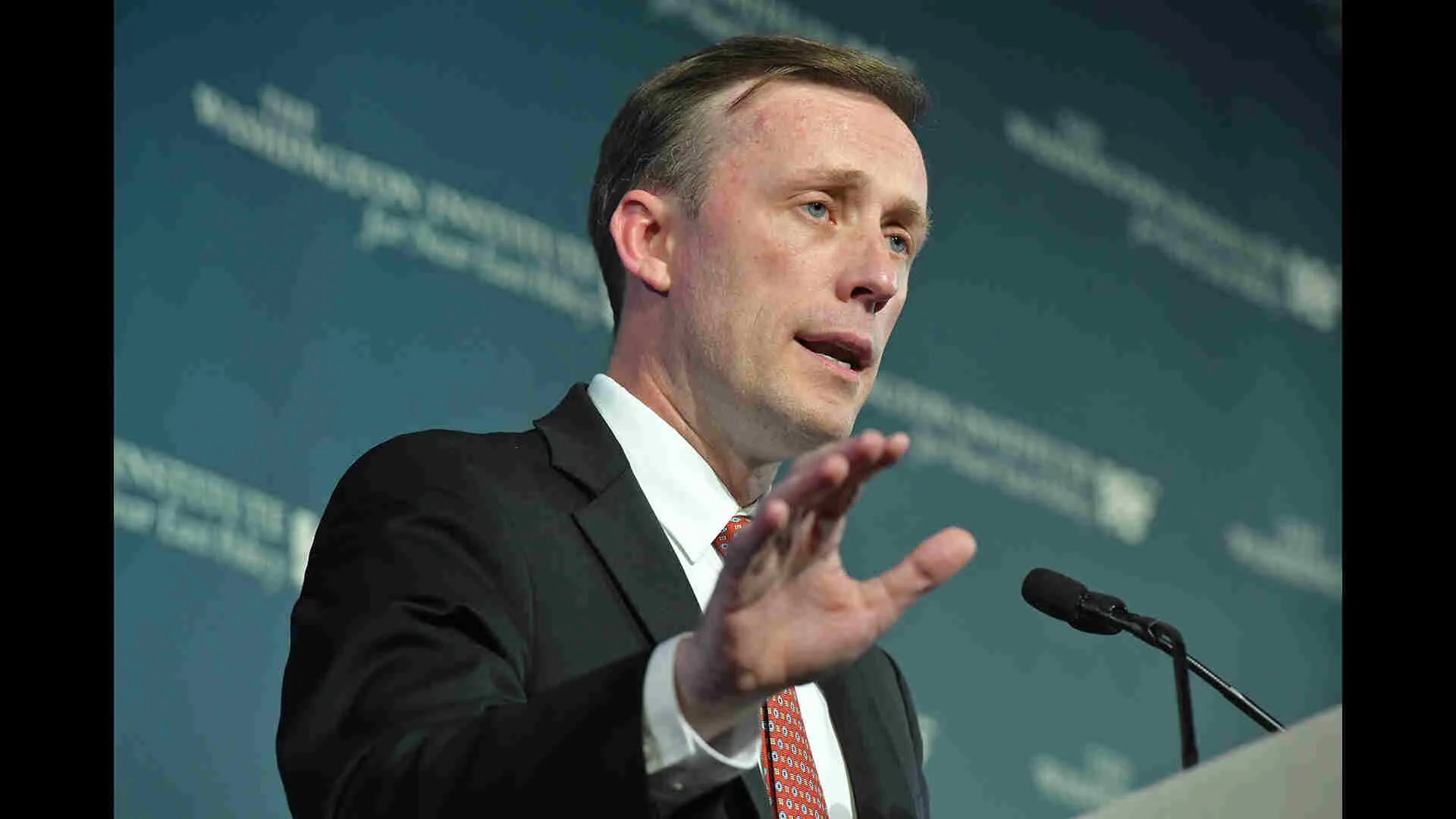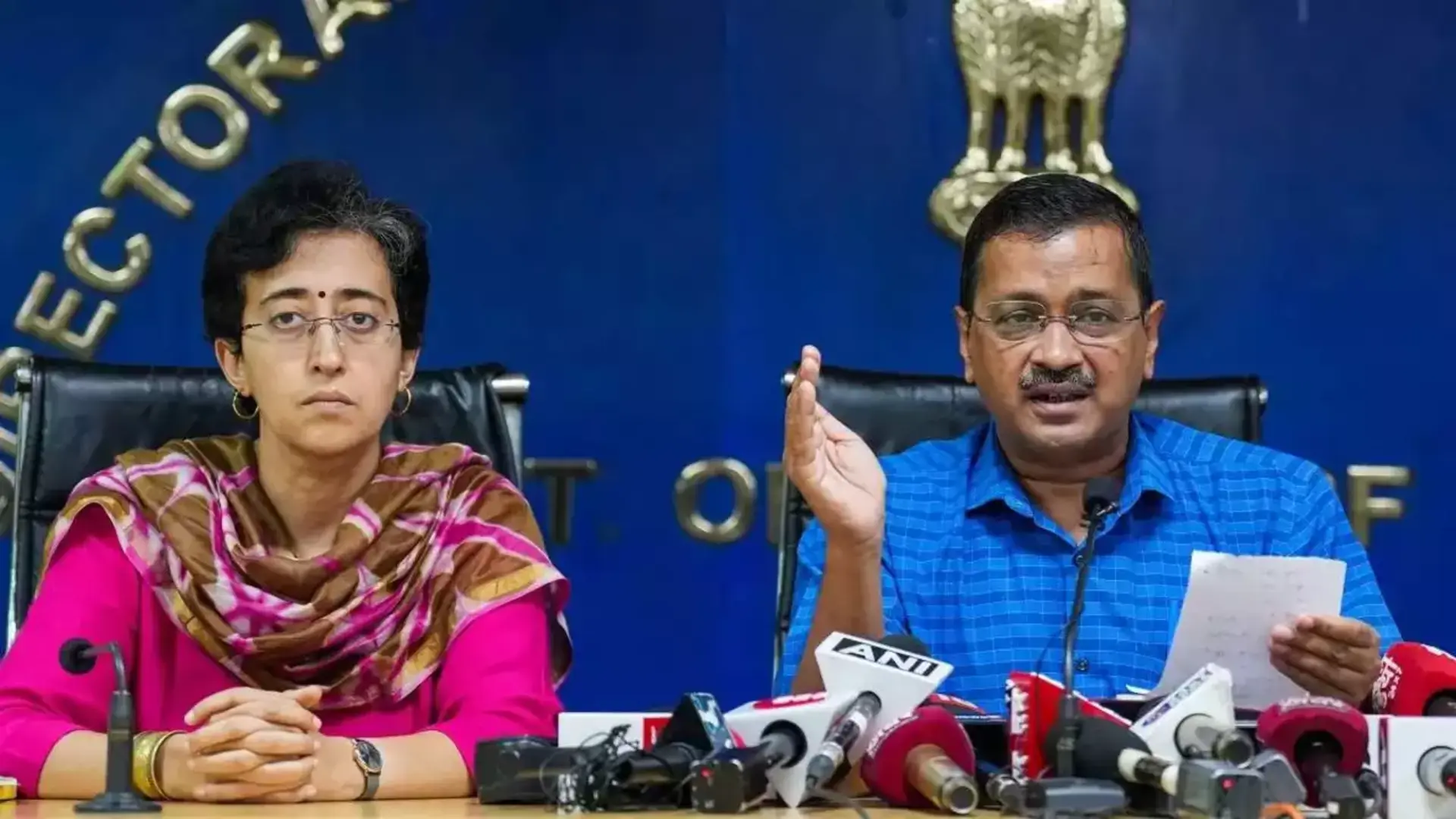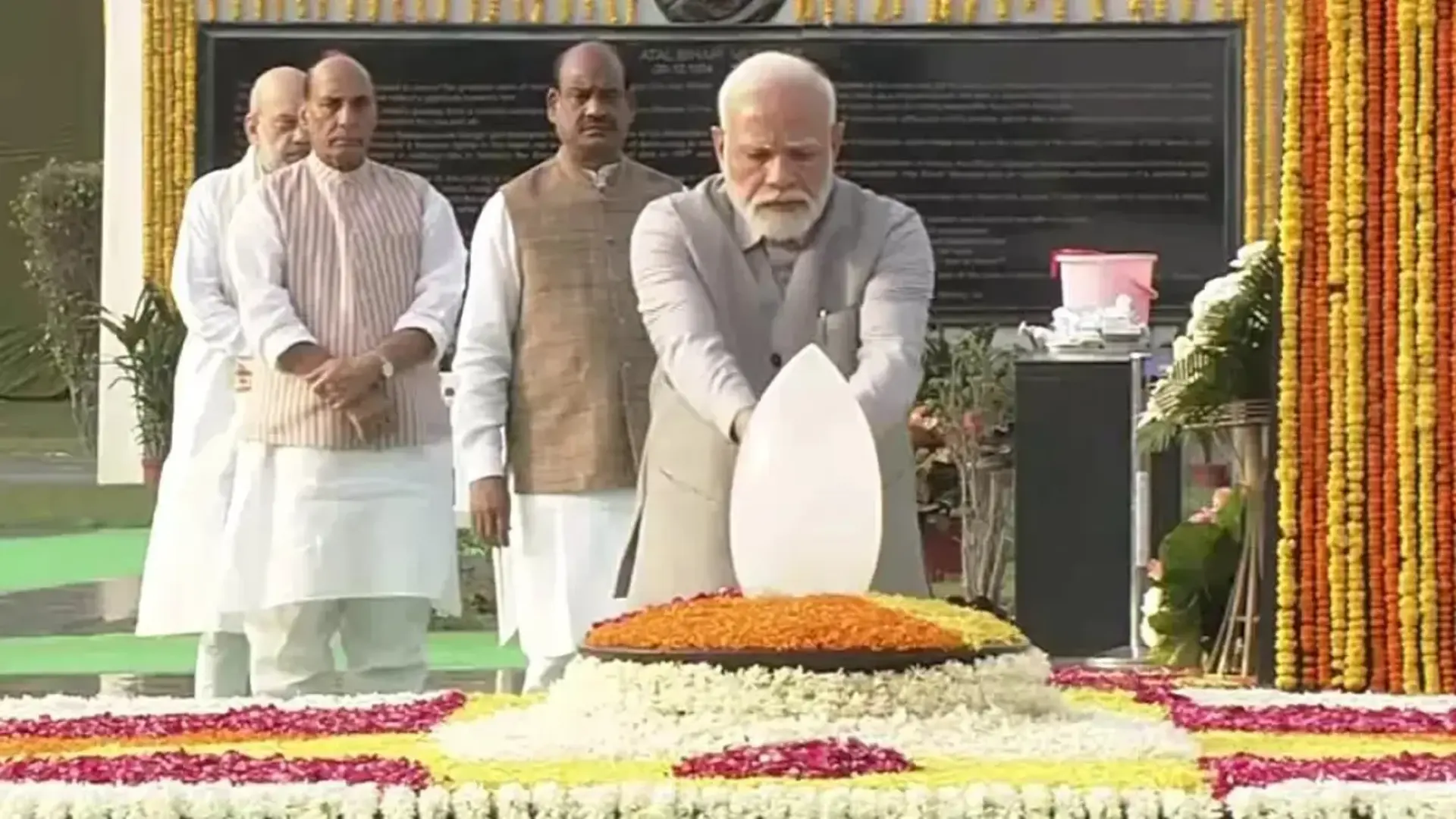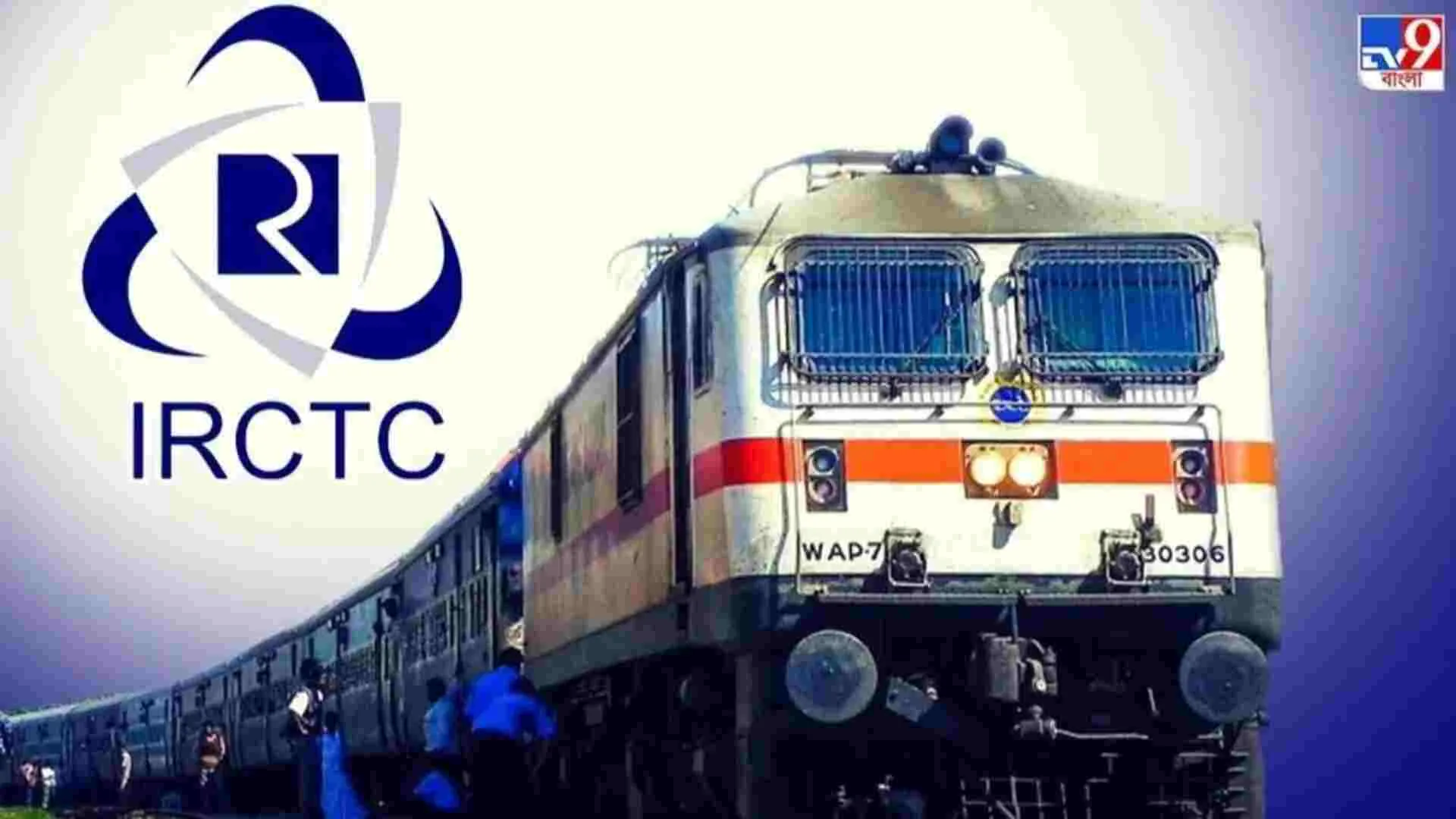The unprecedented Covid-19 crisis might not have left any household without a loss of income! Be it rich or poor? Everyone has been hit. Livelihood of crores of people has been affected. Some have lost their jobs while some others find their businesses ruined. Many people are buried under the burden of debt. They are not able to pay their EMIs. As if this were not enough, uncontrolled inflation has devastated them further. The budget of every household has gone awry. Ironically, no visible effort to check this inflation is seen at any level.

Last year, when the coronavirus infection started spreading fast and the lockdowns were extended too, the market experts had clearly warned the government that if the situation remained like this for a long time, inflation would kill the common man. Today, people are caught in the same situation. Those who go to the market to buy essential goods know quite well how much the prices have gone up. Does the government not know how much the prices of edible oils in the retail market have soared in the last 10 years? At a time when people are facing a tough time due to the ongoing lockdown, soaring prices of essential commodities have broken the back of the common man. In the last one year alone, the prices of edible oils have increased by almost 40 per cent. In May 2020, the price of mustard oil was Rs 115 to Rs 120 per litre in the retail market, which has now gone up to Rs 170 to Rs 175 per litre. For your information, let me tell you that in May 2010, the price of mustard oil was Rs 63 per litre. Same is the case with other edible oils too. Palm oil prices have jumped by 45 to 50 per cent in the last one year. Trade analysts are saying that the prices have increased more in the last three-four months.
The prices of pulses have also risen to Rs 115 to Rs 120 per kg in the retail market. The surprising element is that if you talk to the wholesalers, they say that the prices in the wholesale market have not increased as much as they have in the retail market. This raises a question whether black-marketing is taking place or the customers are being cheated in the name of lockdown? Whatever the reason may be, it is the duty of the government to keep an eye on it. Unfortunately, no effective steps are being taken to check the black-marketing or keep the prices of essential commodities under control. Some concern about inflation is seen at the level of the Central government, but that concern is not percolating to the ground level at all. The government has not really made any effort to know how inflation has impacted the condition of the common man. Here I want to say one more thing that our farmers have not benefited from the rise in the prices of cereals, pulses and oilseeds. The farmer has always been taken for a ride whatever the situation may be.
There is no harm in saying that the government policies are leading to inflationary pressures. The policies regulating the prices of petrol and diesel are adding to the wholesale inflation. By pointing to the rise in the prices of crude oil in the international market, petroleum companies have kept the petrol and diesel prices increasing. But when the prices of crude oil plummet, the same is not reflected in the petrol and diesel prices. To add to it, the Central and state governments increase the tax. From March 2020 to May 2020, the Central government increased the excise duty on petrol and diesel by Rs 13 per litre and Rs 16 per litre respectively. While the prices of crude oil in the international market dipped during that period of time due to Covid-19 pandemic, the government oil companies filled their coffers without passing on the benefits to the consumers.
You will be taken aback to know that in the last one year, the prices of petrol and diesel have increased by almost Rs 20 per litre while the base price has not increased by more than Rs 4. The government should explain as to why there is so much tax on petrol and diesel? Today, the price of petrol has gone up to Rs 100 per litre in many cities. Petrol and diesel prices have increased 18 times in the last one month.
While petrol prices directly dent the household budget, diesel hits the common man indirectly. Whenever diesel prices rise, the hike in freight rate naturally follows. This leads to the rise in prices of everything under the sun. It is essential to control diesel prices to bring down inflation and the government can do it. The state-run petroleum companies kept the prices of petrol and diesel under check during the recent elections in some states even when the prices of crude oil were rising. Does the common man not understand this game? Is common man stupid? People understand that the prices are deliberately kept under control to influence the voters ahead of the elections. There are unwritten instructions to the petroleum companies to not increase the prices when the elections are round the corner!
Today, the situation is going from bad to worse. Inflation is at an all-time high. The common man finds himself in deep trouble. Hence, it is the responsibility of the Central and the state governments to control the prices of petrol and diesel, which could help curb inflation. If the situation improves and people start earning again, if the industries and businesses stand on their own again, the government may well increase the tax again. But as of now, the government needs to provide relief!
The author is the chairman, Editorial Board of Lokmat Media and former member of Rajya Sabha.
There is no harm in saying that the government policies are leading to inflationary pressures. The policies regulating the prices of petrol and diesel are adding to the wholesale inflation. By pointing to the rise in the prices of crude oil in the international market, petroleum companies have kept the petrol and diesel prices increasing. But when the prices of crude oil plummet, the same is not reflected in the petrol and diesel prices. To add to it, the Central and state governments increase the tax.

